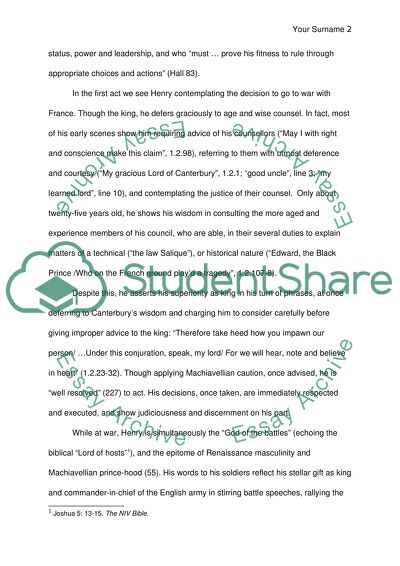Cite this document
(“Shakespeare's Henry V Book Report/Review Example | Topics and Well Written Essays - 1500 words”, n.d.)
Retrieved from https://studentshare.org/literature/1521010-shakespeares-henry-v
Retrieved from https://studentshare.org/literature/1521010-shakespeares-henry-v
(Shakespeare'S Henry V Book Report/Review Example | Topics and Well Written Essays - 1500 Words)
https://studentshare.org/literature/1521010-shakespeares-henry-v.
https://studentshare.org/literature/1521010-shakespeares-henry-v.
“Shakespeare'S Henry V Book Report/Review Example | Topics and Well Written Essays - 1500 Words”, n.d. https://studentshare.org/literature/1521010-shakespeares-henry-v.


